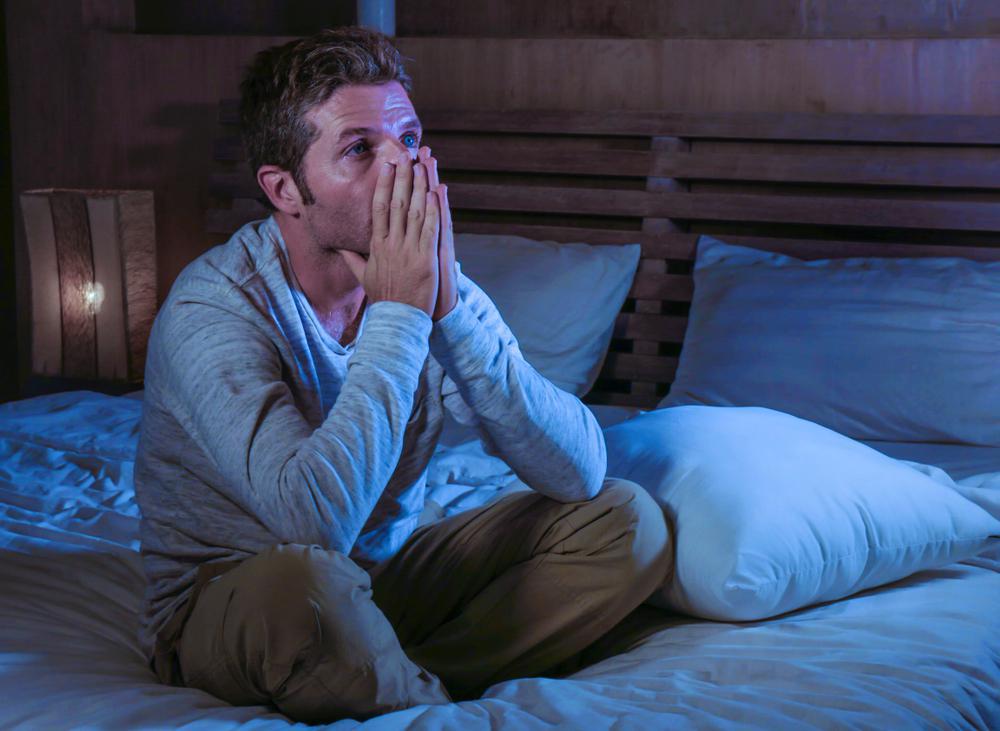News
How Stress Affects your Sleep
It is no secret that most of us have experienced stress in one way or another, especially these days seeing as we are still in the middle of a global health pandemic. Stress is something that can influence the body in so many ways, including how you sleep. If you have ever found yourself tossing and turning in the middle of the night and you cannot seem to fall asleep, you are not alone.
How to tell if stress is causing your poor sleep
First, getting poor sleep at night can have a significant effect on how you function during the daytime. If you are finding yourself having low energy, trouble concentrating, and you are in a negative mood, then your sleep may be to blame.
Sleepless nights do happen to all of us every now and then, however it becomes a concern when this happens many nights in a row and if affects how you function in the daytime.
With everything going on in the world these days, it is easy to have a lot on your mind when it is time to go to bed, but do not let this take a toll on your sleep routine. If this is not addressed and dealt with, this can lead to more significant health conditions.
How to reduce stress levels to improve your sleep
Whether your stress is caused by the current events in the world, or factors in your personal life such as work or relationships, it is important to identify the source of the stress and try to address it. While it may seem challenging and it may be difficult to resolve, knowing what is causing your stress can be important to helping you sleep better.
There are few other healthy habits to incorporate in the daytime that can help you sleep better at night:
- Limit the time you spend on electronic devices
- Get in some exercise during the daytime
- Stick to eating a healthy diet
- Limit your caffeine and alcohol intake
- Practice some mindful meditation techniques before bedtime
- Seek support from family or friends
- Speak to your doctor if you have exhausted all your other options to no avail



